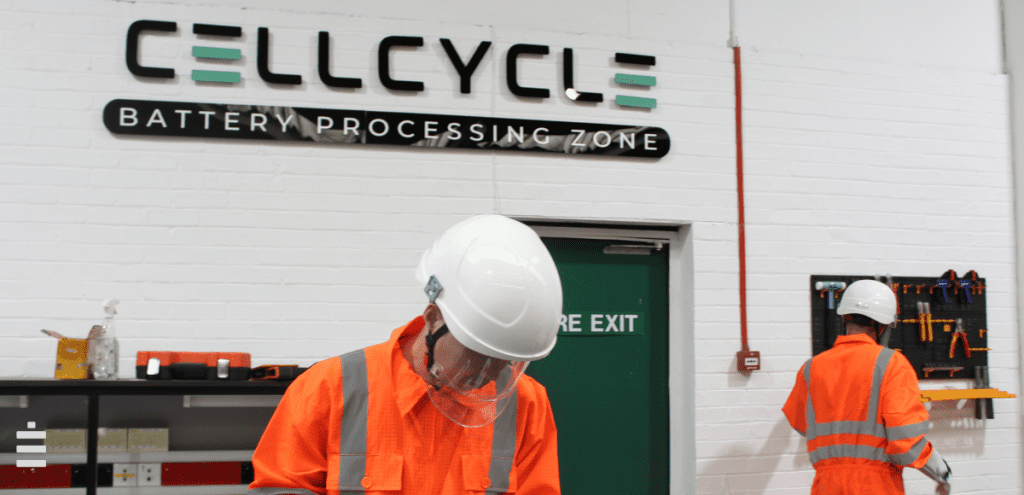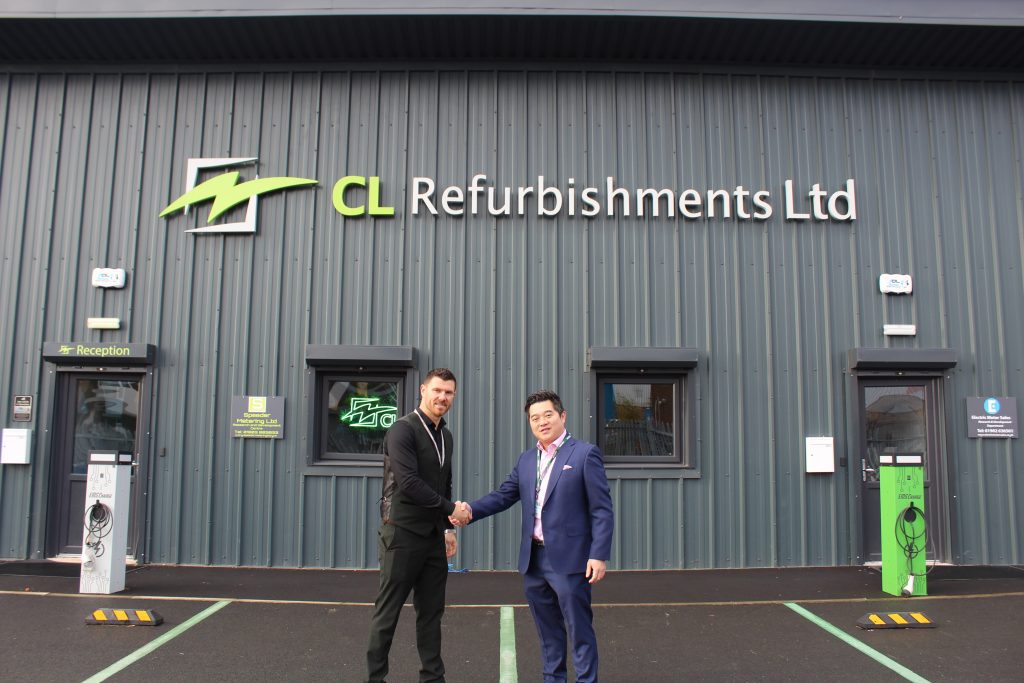Why should we reuse batteries?
The recycling of lithium-ion batteries, essential components of electric vehicles, Battery Energy Storage Systems, and portable electric devices, presents a dual opportunity: reducing the need for raw materials and diminishing the environmental impact of our energy-intensive industries. Traditional mining for battery materials such as lithium, cobalt, and nickel is not only resource-intensive but also poses significant ecological and social challenges. By focusing on the reuse and recycling of these materials, we can alleviate some of these pressures.
Reusing batteries, specifically electric vehicle batteries, leverages their remaining capacity even after they degrade for vehicle use. This approach not only extends the life of the batteries and reduces waste but also lessens the environmental burden by avoiding the full impact of manufacturing new batteries (Advance Energy 2021).
Recycling lithium-ion batteries extends the carbon footprint from manufacturing, for example, it involves energy-intensive processes to recover valuable materials, and while it is generally less harmful than mining, it still contributes to overall emissions. Hence, improving recycling technologies and processes is crucial to minimising the environmental footprint further.
Our approach to battery reuse
In the dynamic world of battery recycling at Cellcycle, our process begins with rigorous testing to determine the State of Health (SOH) of each battery. This critical evaluation helps us understand exactly how much life each battery retains. Following this, batteries that no longer meet the requirements for reuse undergo a precise dismantling process. We carefully break them down into their individual cells. These cells are then prepared and sold to downstream vendors or partners, ensuring that each component finds its place in the cycle of sustainability, contributing to a greener future. This meticulous approach not only maximises the value extracted from each battery but also supports a thriving ecosystem of recycling and reuse.
Grading System
We employ a meticulous battery grading system, ranging from Grade A for batteries in near-new condition to Grade D for those suited to less demanding roles. This grading ensures that all stakeholders can make informed decisions, balancing performance expectations with environmental and economic considerations.
Large Scale Impact
The implications of our work extend far beyond individual lithium battery cycles. By championing large-scale battery reuse, we contribute significantly to reducing the environmental footprint of battery recycling processes. Reuse mitigates the energy-intensive nature of producing new batteries and cathode materials, thereby not only conserving energy but also reducing greenhouse gas emissions.
Commitment to a Sustainable Future
Our commitment at Cellcycle goes beyond mere recycling; we are building a future where every lithium-ion battery has an extended, impactful life before it ever comes to recycling.
Battery reuse is not just a service we offer—it’s part of a core philosophy that drives us towards a more sustainable and technologically advanced future. By redefining the life cycle of lithium batteries through advanced recycling methods and innovative reuse applications, we ensure that every battery not only powers vehicles but also propels us towards a greener tomorrow.

